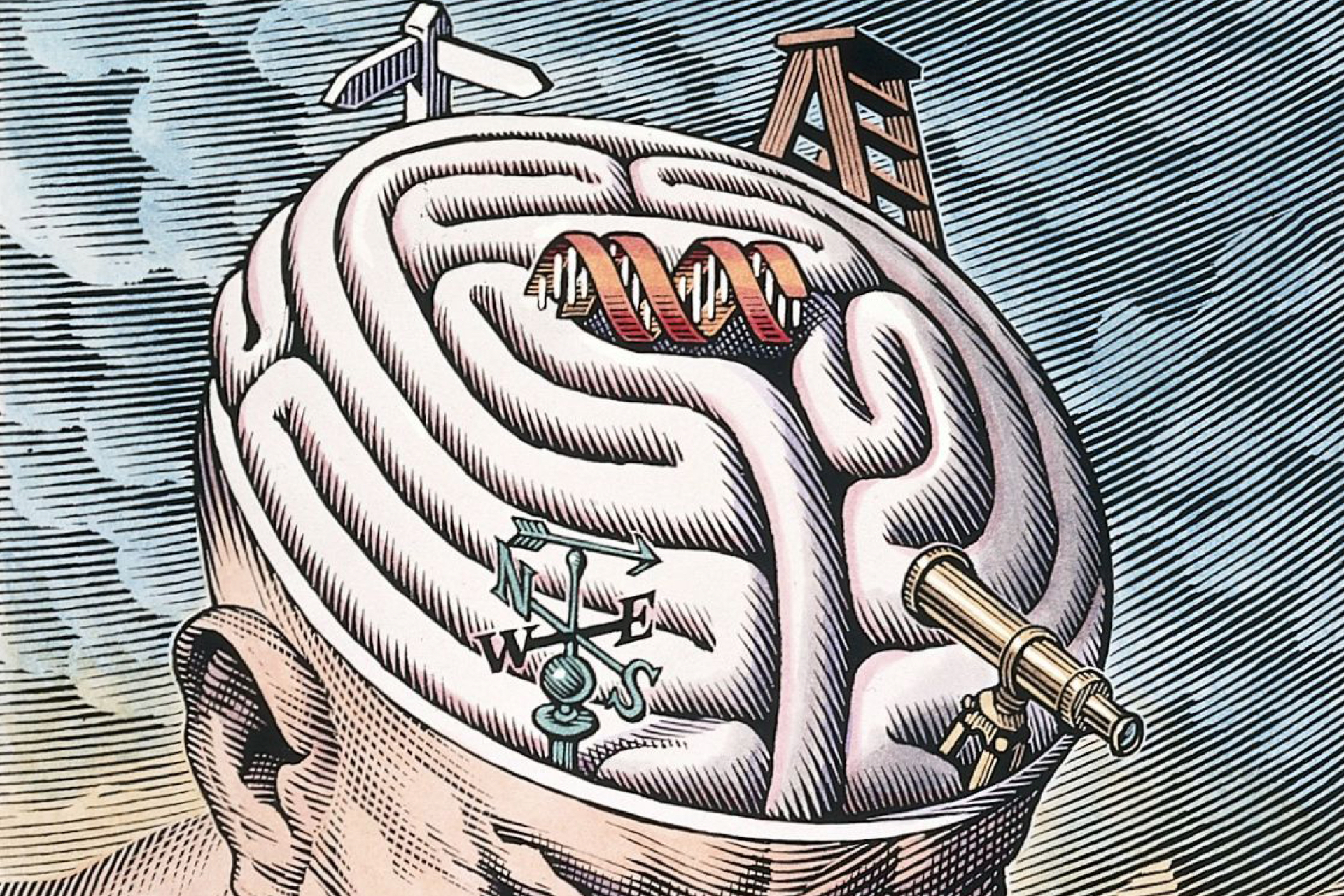A survey of 561 American women undergoing treatment for infertility shows that 41 per cent would choose the sex of their baby, if sex selection was offered at no additional cost. However, it seems that any fears about sex selection causing gender imbalances are unfounded, say the researchers, as the women said they would choose boys and girls in almost equal numbers. The research is published in the March issue of the journal Fertility and Sterility.
Of the 561 women surveyed, 229 said they would choose to select the sex of their future child. Forty-five per cent of the women had no children and 48 per cent had children all of one sex. Of the women who said they would choose to select the sex of their child, 55 per cent would choose a sperm separation technique, while 41 per cent would choose PGD (preimplantation genetic diagnosis). Four per cent of the women said they would use neither technique. The research showed that women who had no children already were almost evenly split over whether they would choose boys or girls. In addition, women with only daughters would select a male child while women with only sons would select a female child. Half of the women who wanted sex selection at no cost said they would still choose to select the sex of their next child even if they had to pay.
Sex selection for non-medical reasons is controversial in the US and elsewhere. Both the International Federation of Gynecology and Obstetrics and the American College of Obstetricians and Gynecologists oppose its use and the President's Council on Bioethics has expressed concerns over the issue. However, the American Society of Reproductive Medicine (ASRM) has said that it supports sex selection for non-medical reasons such as family balancing, provided the methods used are proved to be safe and effective. In the UK, the Human Fertilisation and Embryology Authority (HFEA) ruled in 2003 that parents should not be allowed to choose the sex of their babies.
Lead researcher Tarun Jain, of the University of Illinois, Chicago, said that 'sex selection is a topic that's almost taboo for physicians to talk about', adding that 'prior to this study, there has been no data to indicate what the demand might be'. He continued: 'As the techniques gain more popularity, physicians will have to decide if they will offer the procedure to patients with and without children'. On the fear that sex selection would inevitably create a gender imbalance, Jain said the 'presumption is a preference for boys', adding 'but our study did not show that. In fact, in patients who did not have children there was no greater desire for boys over girls'.
Sources and References
-
Many Infertile Women Want to Choose Baby's Gender
-
Sex selection popular among infertile women
-
More women 'would opt for designer baby'
-
Preimplantation sex selection demand and preferences in an infertility population







Leave a Reply
You must be logged in to post a comment.